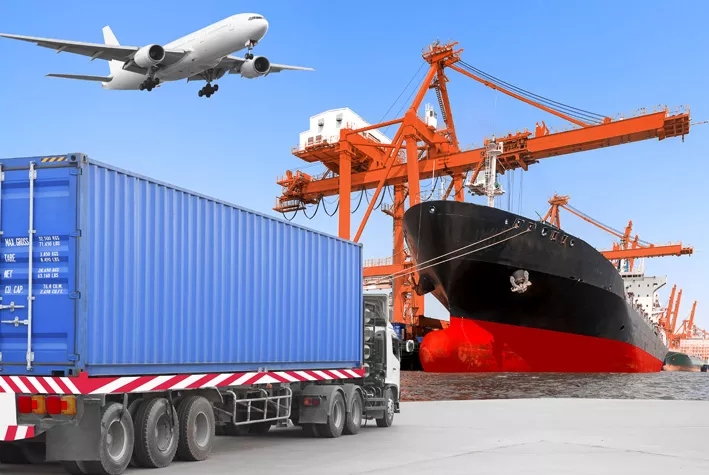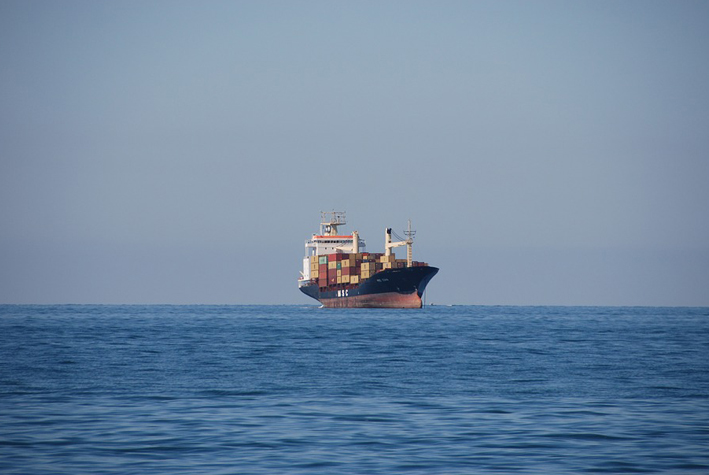Are you planning to ship cargo to Pakistan? Whether you’re a business owner, a trader or an individual looking to move your goods, shipping cargo to Pakistan can seem daunting. But it doesn’t have to be! In this, we’ll provide you with all the information you need to know about shipping cargo to Pakistan.
Before shipping your cargo, it’s important to understand Pakistan’s import regulations. You need to know the documentation required for customs clearance, the taxes and duties you’ll be required to pay, and any restrictions on certain goods.Choosing the Right Shipping Method
There are several shipping methods you can choose from when shipping cargo to Pakistan. Each method has its pros and cons, and the method you choose will depend on the type of cargo you’re shipping, your budget and the urgency of the delivery. The method you choose will depend on the type of cargo you’re shipping, your budget, and the urgency of the delivery. Here are some of the most common shipping methods:
A freight forwarder is a crucial partner when shipping cargo to Pakistan. They will help you navigate the complex world of shipping and ensure your cargo arrives at its destination on time and in good condition.

Look for a reputable freight forwarder with experience in shipping to Pakistan and excellent customer service.
Proper packaging is essential to ensure your cargo arrives at its destination in good condition. The packaging should be sturdy, durable, and able to withstand any potential damage during transit. It’s also important to label your cargo correctly to ensure it’s handled properly.
Customs clearance is a vital part of shipping cargo to Pakistan. You must ensure that you have all the necessary documentation and that your cargo meets all the required regulations. Any issues with customs clearance can cause significant delays and potential penalties.
Once your cargo is en route, it’s important to be able to track its progress. This will give you peace of mind and allow you to plan for any potential delays. Look for a freight forwarder who offers real-time tracking of your shipment.
Delays and issues can happen when shipping cargo to Pakistan. This could be due to factors such as bad weather, customs delays, or transportation issues. It’s important to be prepared for these scenarios and have a contingency plan in place. Your freight forwarder can help you navigate these issues and ensure your cargo is delivered as quickly and efficiently as possible.
Cargo insurance is crucial to protect your investment in case of loss or damage during transit. Your freight forwarder should be able to provide you with insurance options and help you choose the right coverage for your cargo.

Be sure to read the terms and conditions carefully to ensure you understand what is and isn’t covered.
Understanding the culture and business practices in Pakistan is crucial when shipping cargo to the country. Familiarize yourself with the local customs, business etiquette, and communication styles to avoid any misunderstandings and build strong business relationships.
If you plan to ship cargo to Pakistan regularly, it’s important to have a plan in place. This includes working with a reliable freight forwarder, building relationships with local businesses, and keeping up to date with any changes to import regulations or shipping methods.
Shipping cargo to Pakistan requires careful planning, attention to detail, and a good understanding of the local regulations and customs. By following the tips and guidelines in this guide, you can ensure a smooth and successful delivery process, whether you’re shipping goods for business or personal use. Remember to work with a trusted freight forwarder, properly package your cargo, and stay up to date with any changes or developments in the industry.
